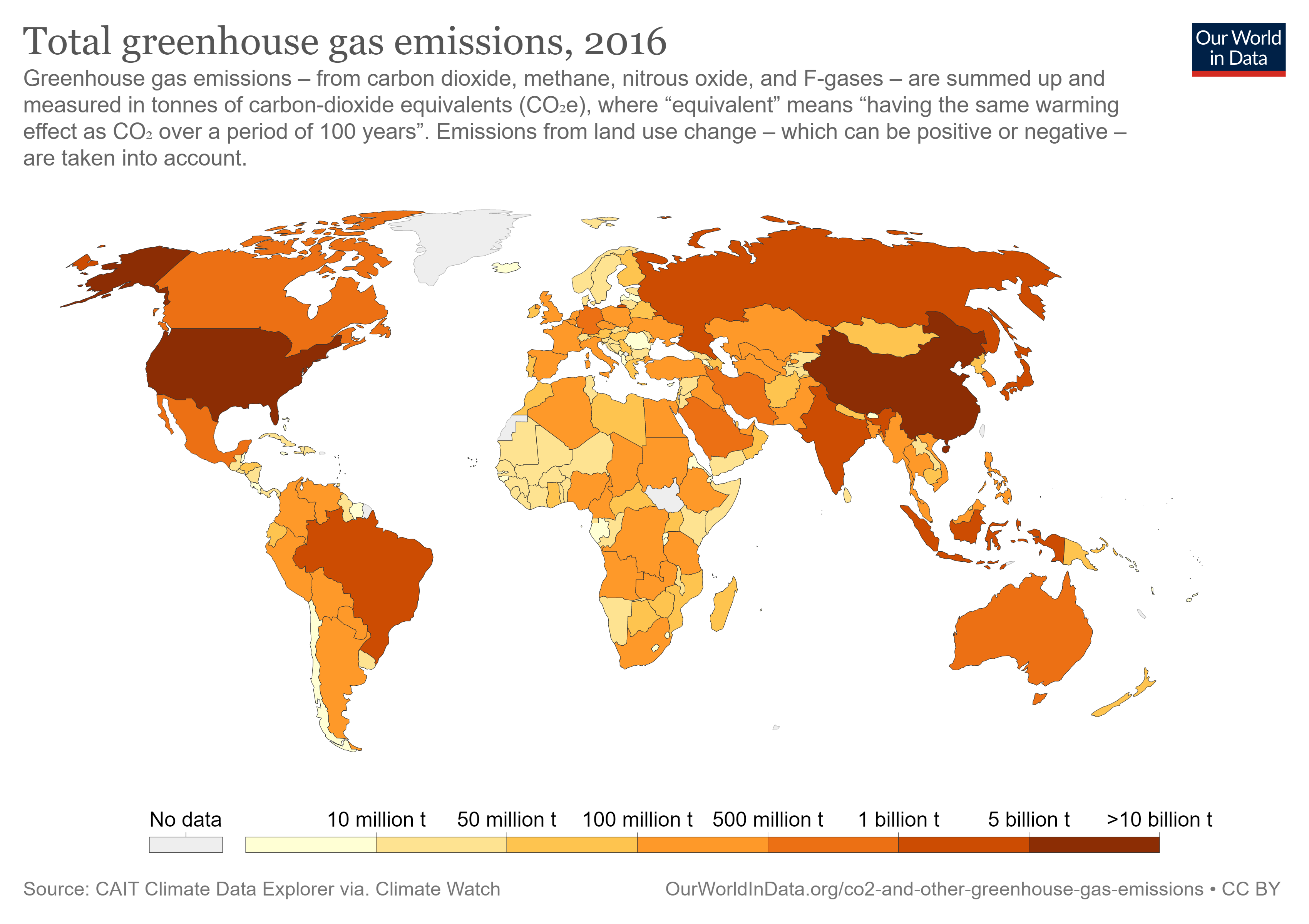
Climate Change Game
A cooperation game that lets students experience some of the challenges of cooperation in addressing global climate change
Researchers at the Max Planck Institute for Evolutionary Anthropology in Leipzig, Germany, have conducted a series of experiments to investigate how adult chimpanzees and 6-year-old children behave when using a limited resource with another conspecific.
This experiment is suitable for introducing a number of basic concepts regarding sustainability science and the sustainable use of shared resources. Moreover, reflection on the results of these experiments may highlight possible misconceptions of students (and educators?) about the causes of human sustainability issues. Many students and teachers predict that chimpanzees would fare better in this experiment than children, and tend to give reasons such as “Chimpanzees need to live in harmony with nature”, “Chimpanzees live in groups and depend on each other”, or “they need to share resources in their group”, while children “are greedy and selfish”. In fact, humans are a much more cooperative species compared to chimpanzees and other primates, and they are able to coordinate, communicate, and share resources much more easily and fairly among their group than chimpanzees. Humans also depend much more on cooperation with their conspecifics for survival, than chimpanzees.
The experiment can also be used both throughout a unit on Sustainability as well as in a unit on human evolution. In a lesson on sustainability, further concepts regarding shared resource use, user behavior, conditions, and interactions between them can be developed. In a lesson on human evolution, further concepts about the causes of our human behaviors, and the similarities and differences to chimpanzees can be elaborated.
The lesson plan linked here lists a range of possible materials and ways to drive reflection around this experiment, but they don’t all have to be done in one lesson but can be reintroduced later in the unit.
Author: Susan Hanisch

A cooperation game that lets students experience some of the challenges of cooperation in addressing global climate change

A group game that lets students experience the dilemma between self-interest and collective interest when groups have to work together to achieve shared goals.
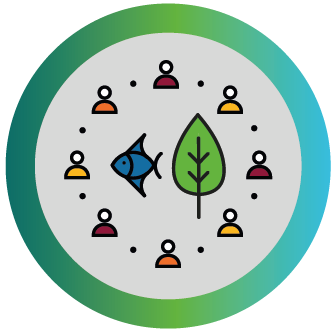
In a classroom simulation game with changing conditions students develop strategies for the use of a common resource so that the profit for the entire group is maximized.
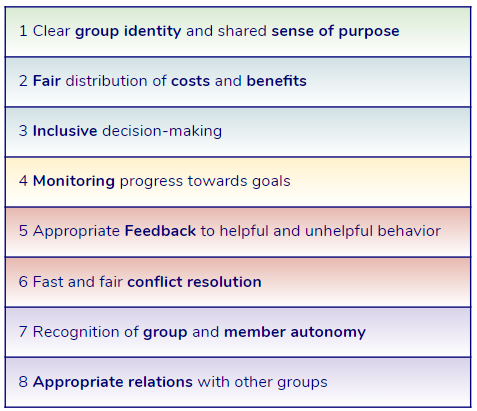
Students explore the principles that allow groups to work together and achieve common goals, applying them to the groups that they are a part of or care about.
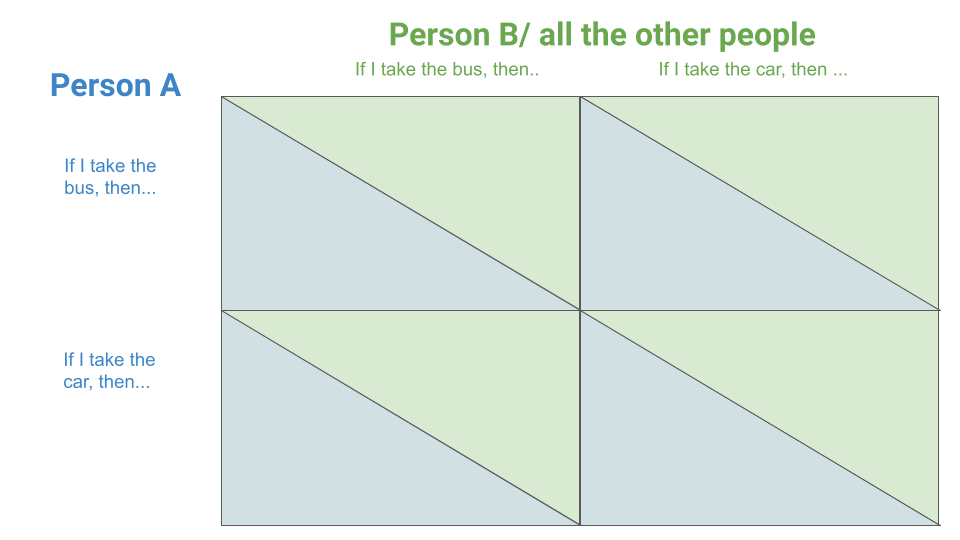
Students reflect on the causes and consequences of human behaviors in situations of social interactions, and are introduced to the payoff matrix as a helpful tool to represent motivations and outcomes of behaviors.
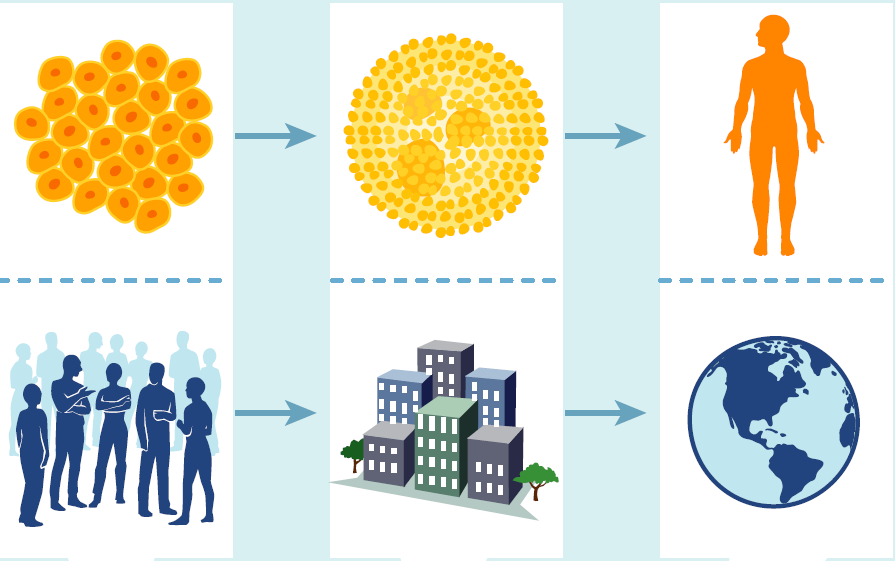
A reading text about the challenges of life in groups and how groups across biology have found ways to solve these challenges.

An interactive introduction into concepts of ecology, behavioral ecology, and sustainability with a computer simulation of a simple social-ecological system.
OpenEvo is an educational innovation project from the Department of Comparative Cultural Psychology at the Max Planck Institute for Evolutionary Anthropology.
Evolve the future of education with us!